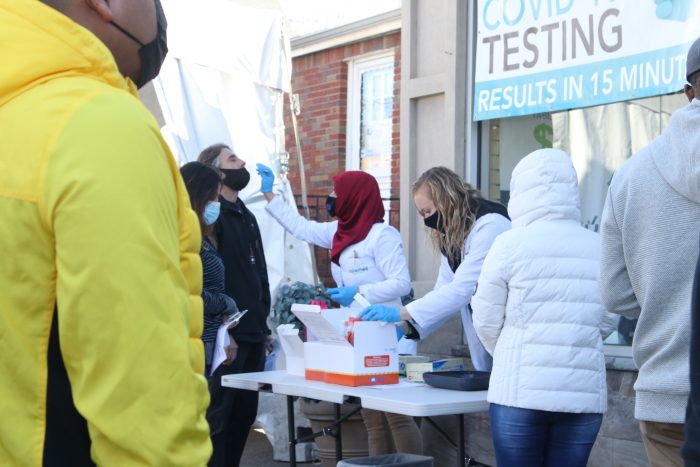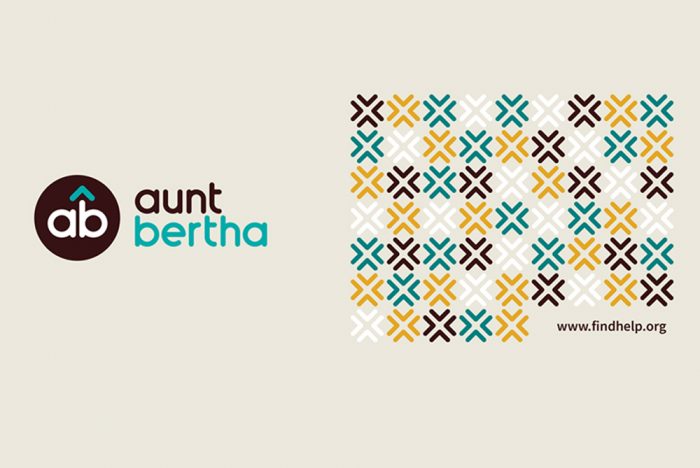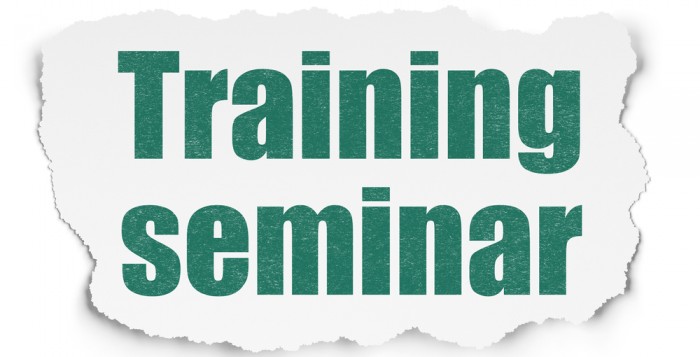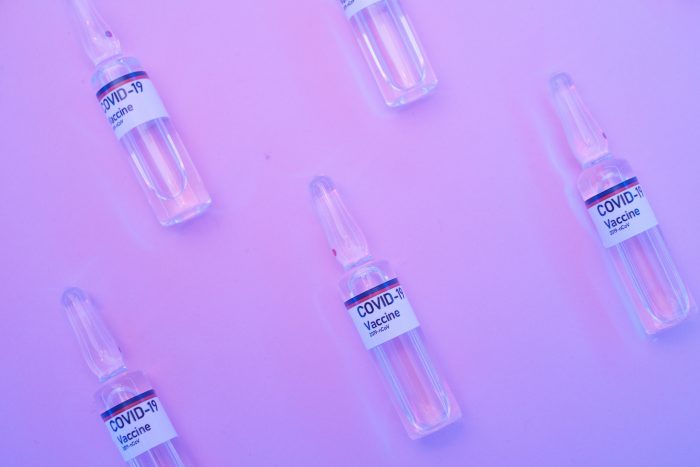Nomination Period Now Open for 2021 Dennis Marion Impact Award
The Dennis Marion Impact Award recognizes local and state government employees whose initiatives, processes, and projects have led to significant improvements in Pennsylvania’s behavioral health service delivery system.
Background
The Dennis Marion Impact Award was established in 2017 in honor of Dennis Marion’s commitment to public service throughout his distinguished career, which spanned over three decades. Dennis served as Deputy Secretary for Pennsylvania’s Department of Human Services’ Office of Mental Health and Substance Abuse Services from 2013 to 2017. Prior to his state employment, Dennis served Cumberland County, Pennsylvania for 31 years in various positions, such as County Administrator, Director of the Drug and Alcohol Commission, and Director of the Office of Mental Health and Intellectual Disabilities.
Just like Dennis Marion, whose strong leadership, passion for public service, and commitment to the people he served did not stop at the boundaries of his work in any single county or agency, the Dennis Marion Impact Award recognizes strong performers who bridge disparate missions and drive towards a single goal of excellence in public service.
Purpose
The purpose of the Dennis Marion Impact Award is to recognize outstanding and meritorious achievement in working for state or local government, encourage the highest standards of performance in Pennsylvania’s public sector, attract outstanding individuals to a career in public service, and highlight public awareness of the value of public service and its impact on the behavioral health and quality of life of individuals and communities.
Eligibility Criteria
Any current state and/or local government employee in Pennsylvania that has made an outstanding contribution in the area of behavioral health (mental health and/or substance use disorders) in Pennsylvania is eligible for nomination for the Dennis Marion Impact Award. Individuals that have built effective, collaborative partnerships across different organizations, agencies, and/or other stakeholders to define and solve problems, or reach agreements on a course of action, will be given priority consideration for this award. Nominees’ contributions may be on a sustained basis or through a single, exceptional accomplishment. Nominations will be judged on three measurements: innovation, implementation, and outcomes.
Instructions
The nomination form is available here. The nomination period is open from March 5, 2021 to April 5, 2021. Completed nominations must be submitted electronically to Dwaneen Hicks by 5:00 pm EST on April 5, 2021. Nominations will not be accepted before or after the nomination period. Note, individuals may not self-nominate. The award will be announced during Pennsylvania’s May 2021 Mental Health Awareness Month events. Questions regarding this award may be directed to Dwaneen Hicks.
Sponsoring Organizations
Pennsylvania Department of Human Services – Office of Mental Health and Substance Abuse Services
Mental Health Association in Pennsylvania
Pennsylvania Association of County MH/DS Administrators
Rehabilitation and Community Providers Association
Pennsylvania Association of County Drug and Alcohol Administrators
Pennsylvania Mental Health Consumers’ Association
DHS Releases Q&A Responses From Secretary Miller 2021–2022 Budget Review
DHS has released a set of responses to questions presented by stakeholders during DHS Secretary Teresa Miller’s 2021–2022 budget review.
The responses have been formatted by agency and has a link to the DHS Blue Budget book that will provide line item budgetary information. RCPA will be reviewing these responses, and if you have questions, please contact your RCPA Policy Director.
CMS Releases New COVID-19 FAQ’s on Medicare FFS Billing to Administer Vaccines
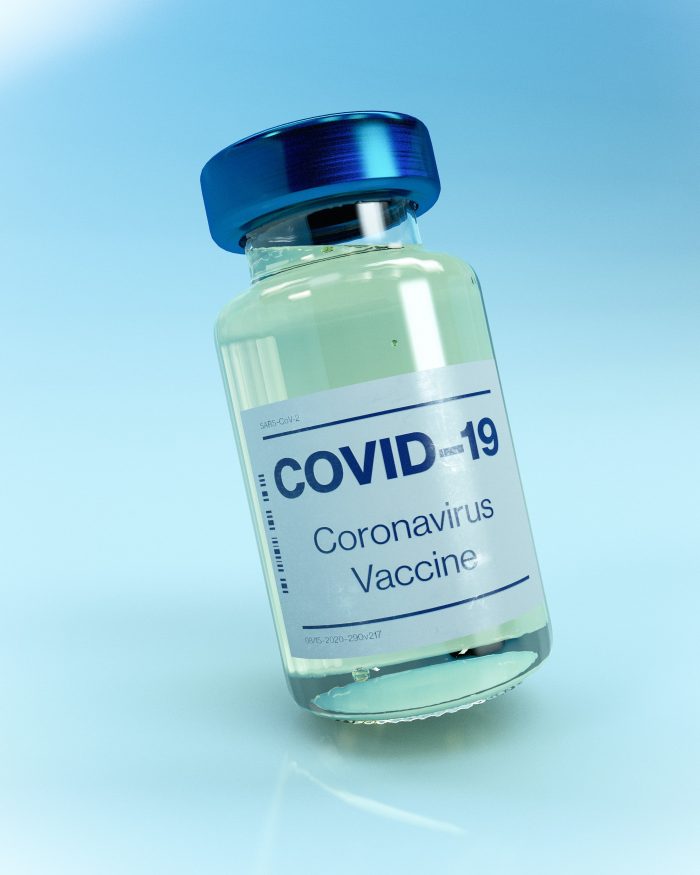
The Centers for Medicare and Medicaid Services has released a new/updated COVID-19 Frequently Asked Questions (FAQs) document on Medicare Fee-for-Service billing. The document covers a wide range of topics and questions specific to many provider types. Some of these include hospitals, partial hospitalization program services, Medicare telehealth, inpatient rehabilitation facility services, opioid treatment programs, skilled nursing facility services, outpatient therapy services, and many more. The FAQs in this document supplement the previously released FAQs, 1135 Waiver FAQs.
Whitepaper: Aunt Bertha’s Vision for a Connected Social Care Sector
2021 ASD Virtual Seminar Registration Open
DHS Highlights Role of Relationships and Social Support Systems
Department of Human Services Highlights Role of Relationships and Social Support Systems for People with Intellectual and Developmental Disabilities, Autism and Mental Health and Behavioral Challenges
Harrisburg, PA – The Pennsylvania Department of Human Services (DHS) today released the latest issue of the Positive Approaches Journal, which aims to provide the most recent research and resources for people with mental health and behavioral challenges, intellectual disabilities, autism, and other developmental disabilities to live an everyday life. This edition focuses on the importance of social connectedness and outlines ways of supporting people with intellectual and developmental disabilities and autism in forming healthy and long-lasting relationships.
“While the past year has proven incredibly difficult for everyone’s relationships and social life, the pandemic has revealed major disparities in this regard for individuals with intellectual and developmental disabilities and autism. These disparities hurt everyone,” said DHS Secretary Teresa Miller. “People with dual diagnoses often face challenges for true inclusion in their communities; historic segregation, inadequate education, and, on some occasions, abuse have made developing healthy relationships difficult. It is our hope that this edition of the Positive Approaches Journal will shine a light on ways to address these issues and ensure an everyday life for the people we serve.”
This edition features research and guidance on the following:
- Lessons from COVID-19: The Importance of Social Networks: This article examines importance of strong social networks to overall health and how those networks have served – or failed – individuals with intellectual and developmental disabilities during the COVID-19 pandemic.
- Our Contribution to Healthy and Unhealthy Relationships: This article outlines best practices in sex education for individuals with intellectual and developmental disabilities and autism.
- Building Healthy Relationships Together: Healing the Past to Promote a Positive Future: This article explores the societal challenges that people with disabilities face in forming healthy, long-lasting relationships and explores how this has a detrimental impact the community.
- Toward the White Picket Fence: Experiences Providing Education on Sexuality and Healthy Relationships to People with Intellectual and Developmental Disabilities: This article outlines how to implement a healthy relationships & sexuality curriculum with groups of self-advocates and details the best practices and barriers to implementation.
- Sexuality, Social Connectedness, and the Internet: This article details ways to ensure people with intellectual and developmental disabilities are safely included on social media and in digital communities without victimization and exploitation.
The journal is a collaboration of DHS’ Office of Developmental Programs and Office of Mental Health and Substance Abuse Services and collects resources, observations, and advancements in mental and behavioral health in order to better serve people with dual diagnoses in their communities.
“Our goal at DHS is to serve more people in their communities, and we hope that by publishing these resources and advancements to professionals and supporters, we can foster more research and improved services to the people who need them,” said Secretary Miller.
Read this edition of the Positive Approaches Journal.
For more information visit www.dhs.pa.gov.
Addressing COVID-19 Vaccine Hesitancy: A National Roundtable on Strategies for Health and Community Care Providers

Gov. Wolf Signs Bill Preparing National Guard to Assist with Vaccination Efforts
Wolf Administration Extends Regional Congregate Care Assistance Teams to Continue Support to Long-Term Care Facilities
